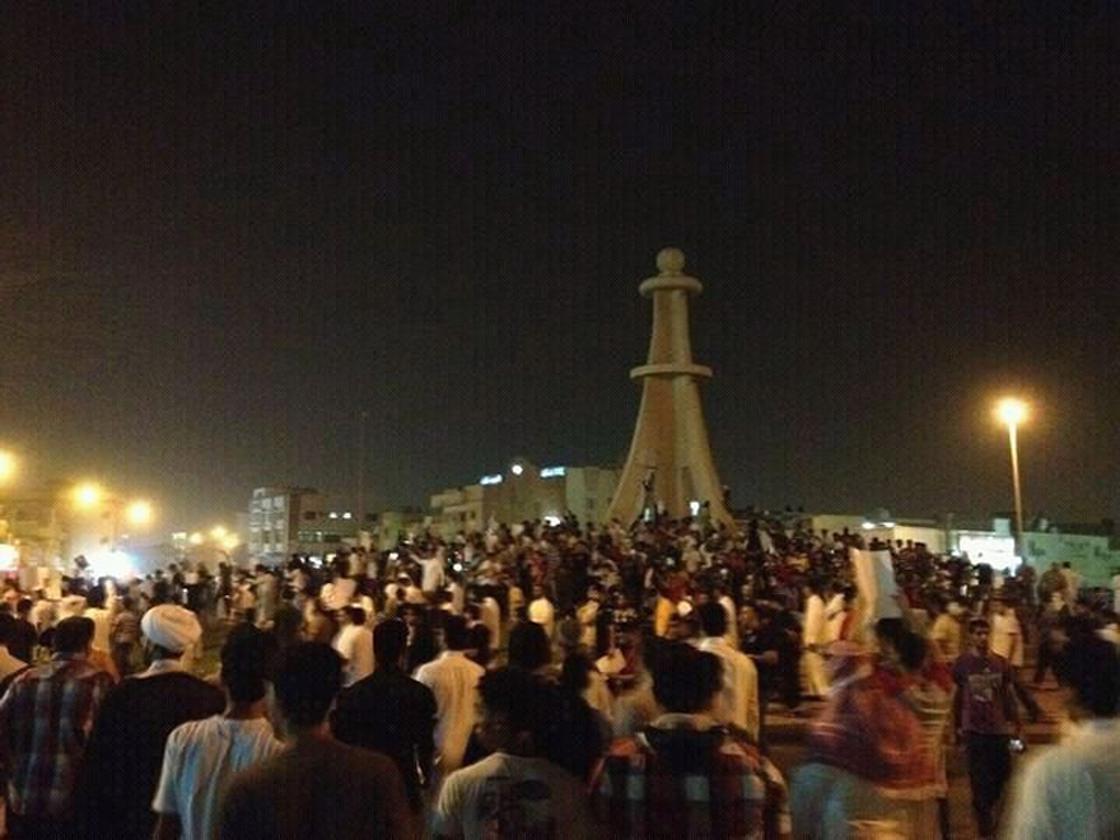At least 21 people were killed and 70 injured today in a suicide bombing at a Shiite mosque in Eastern Saudi Arabia. ISIS has claimed credit for the attack which resembles recent bombings by the group on Shiite mosques in neighboring Yemen. The Saudi government has also blamed ISIS for a shooting attack targeting Shia in the region that killed seven people in November.
Saudi Shiites will almost certainly direct much of their anger against their Sunni government for failing to protect them from such attacks and even creating an atmosphere of hostility toward Shiites in Saudi Arabia. Shiites are largely excluded from positions in the authoritarian state’s political system and suffer what human rights groups call “systematic discrimination” in the education and justice systems. They also rarely receive permission to build their own mosques. Activists say the government also permits anti-Shiite hate speech from prominent religious figures while jailing Shiites who criticize it.
Saudi authorities have been fearful of Shiite organizing within the country since the 1979 Shiite uprising in Eastern Saudi Arabia, inspired by the Iranian Revolution. The sectarian tensions in the country have only escalated in recent years along with a growing Sunni-Shia rivalry in the greater Middle East. Saudi authorities cracked down hard on Shiite demonstrations during the 2011 Arab Spring. Protests broke out again last fall after a leading Shiite cleric and protest leader Nimr al-Nimr was sentenced to death for crimes including “being disloyal to the ruling family, using violence and seeking foreign meddling.”
These crackdowns have accompanied the kingdom’s moves to counter what it sees as Shiite aggression abroad. Saudi Arabia sent troops into neighboring Bahrain in 2011 to help put down anti-government demonstrations by the country’s majority Shiite population and, in the past few months, has been leading an multinational campaign of airstrikes aimed at pushing back the Shiite Houthi rebels in Yemen. Saudi Arabia has also been a leading funder of the rebels fighting against Syria’s Iranian-backed regime, and has been criticized for supporting Sunni extremist groups involved in that conflict. As with the chaos in Syria, the bombing campaign in Yemen is likely giving Sunni extremist groups including al-Qaida and ISIS more room to operate.
Saudi authorities will roundly condemn today’s attacks as they did the shooting last fall and arrests are likely. But given how high sectarian tensions are running in the country, it’s hardly surprising that extremists are taking advantage.
